| See the changing industry from the auction lane |
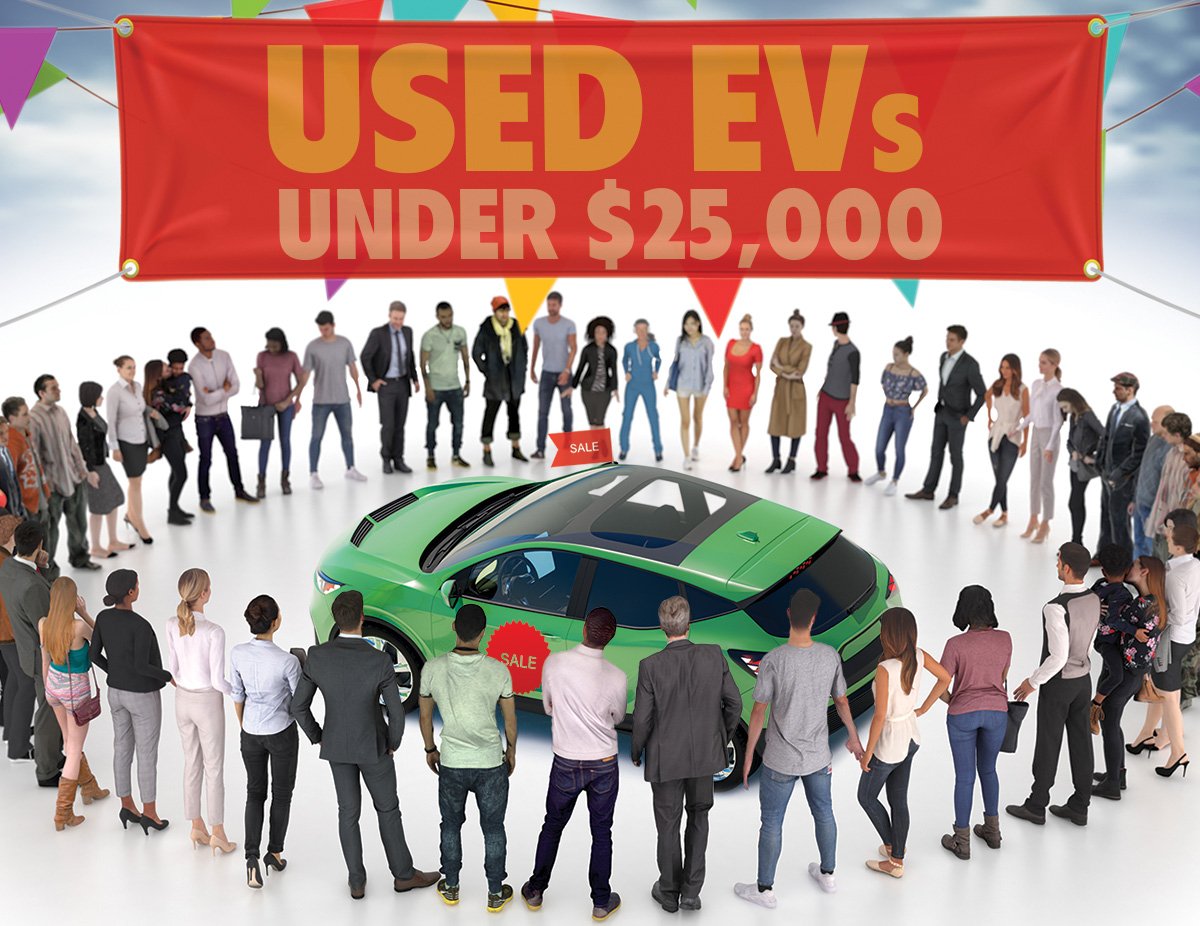
For another perspective on the evolution of the auto industry, let’s look at what’s happening at wholesale auctions.
In this week’s issue, we not only examine how traditional auction companies are seeing a complex downswing in volume, but also how they’re pivoting to keep in stride with dealers’ evolving acquisition habits and with a swirl of announcements from automakers about new vehicle production and concepts.
On Page 1, I lay out the amalgam of shifts that have reshaped the auction industry. You’ll read about how COVID-19 and the resulting slowdown in production of new cars and trucks disrupted typical volume flows at auctions, to this day making some types of highly sought inventory hard to come by.
Conditions have even led some dealers to cut back on their buying in physical auction lanes in favor of purchasing of used vehicles directly from consumers.
Changes in dealer appetites accompany them becoming savvier with a mishmash of online and hybrid auction platforms. That’s compelling auction companies add or improve online products and tools to try to keep dealers from taking their business elsewhere.
In the last year, acquisitions of auctions also shaped the landscape. KAR Global’s spring sale of ADESA U.S. to Carvana Co. cemented the online used-vehicle retailer as a major wholesale player.
What’s more: As more automakers roll out electric lineups, the landscape will almost certainly see more changes.
On Page 24, we tell you more about how the wholesale auction industry is carefully examining how it needs to prepare for when more EVs do start flowing into their locations.
Eventually, today’s shiny, new EVs will return to the market, as most vehicles do, and they’ll require a different form of attention — such as inspections from service technicians who know how to safely handle EV batteries, not just ICE vehicle components.
 |
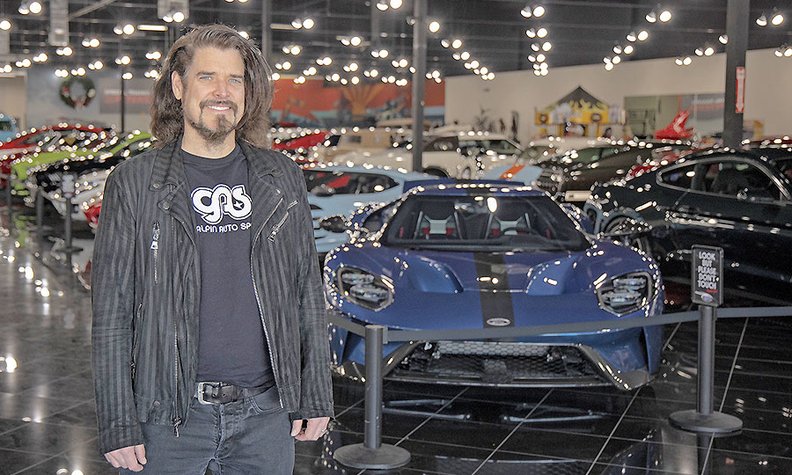
 |
In Monday’s Automotive News:
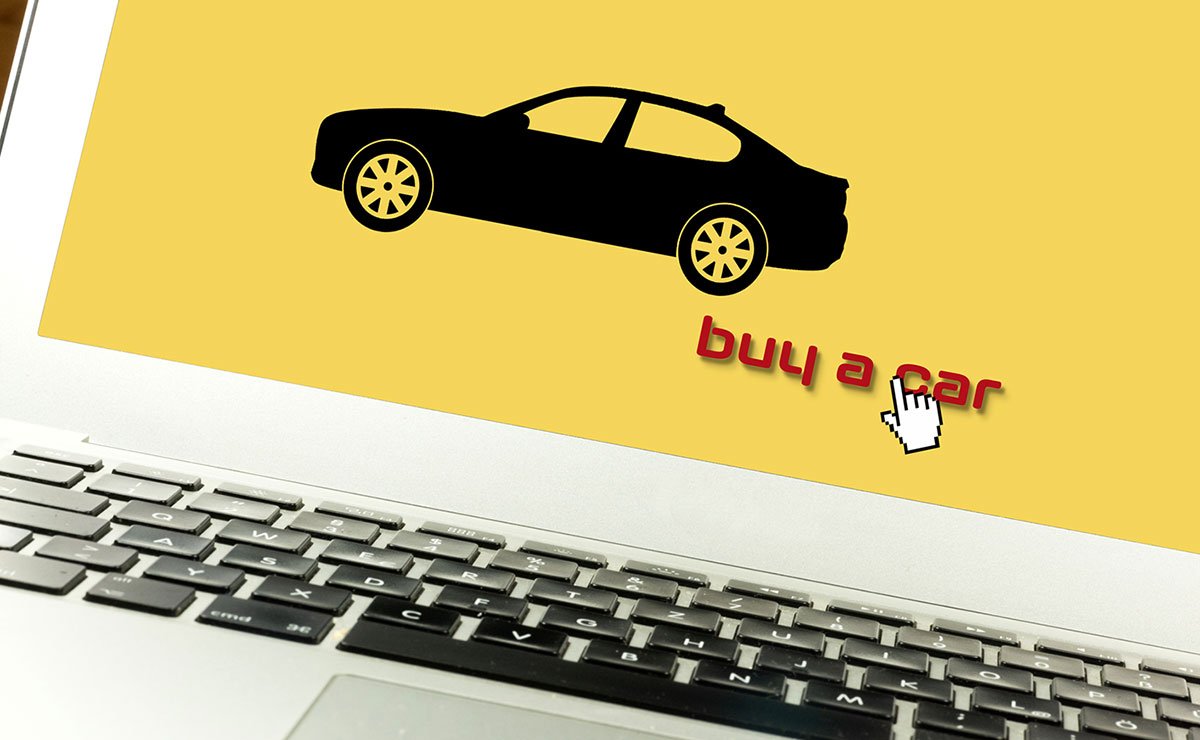
A better shopping experience. Do electric vehicle owners and prospective buyers want to buy their next car online or in person? Both, as it turns out. According to the 2022 EVForward Dealer DeepDive report, prospective buyers want to use both online and in-person resources to buy an EV. As Automotive News explains, the report suggests both the dealership and direct-to-consumer sales will long remain pivotal, depending on the buyer – and the automaker.
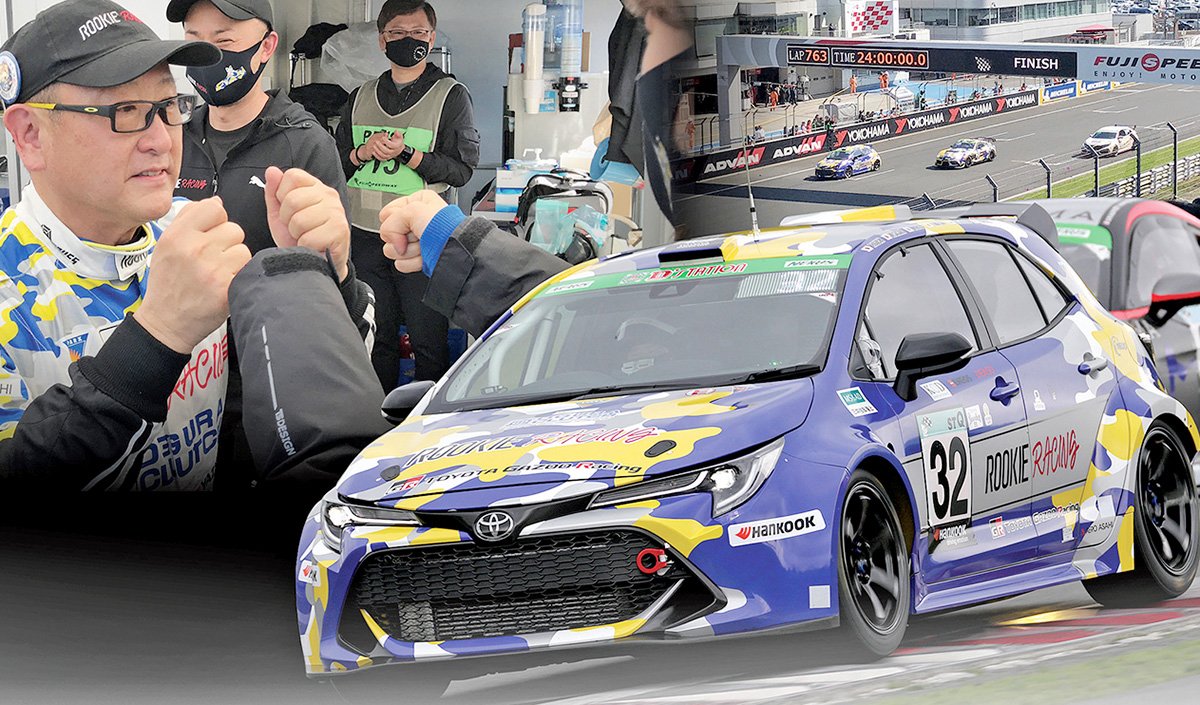
Clean ICE. When Toyota boss Akio Toyoda put an experimental Corolla onto a racetrack last year, he was something of a lone voice in the wilderness touting the concept of hydrogen-burning engines as a potentially powerful force for carbon neutrality in an auto industry gone gaga over pure electric vehicles. But now Toyota is finding unlikely allies in the supplier world joining forces to chase clean internal combustion and ramping up development of technologies to burn zero-emission hydrogen, instead of dirty gasoline, in tomorrow’s internal combustion engines. Automotive News takes a look at the growing list of companies warming to the idea.
Weekend headlines
Kia, Genesis post higher September sales: U.S. sales at Kia and Genesis rose in September as the auto industry’s inventory woes continued to ease, though growing economic challenges threaten what was supposed to be a more robust second-half rebound as the industry enters the fourth quarter.
Hyundai to offer security kit to stem raft of vehicle thefts: Owners of Hyundai vehicles that have been targeted by thieves who’ve demonstrated on social media how to hot wire the company’s late-model cars and crossovers will be able to purchase a Compustar anti-theft security kit for $170 starting Oct. 1.
Tesla’s robot waves but can’t walk: The eagerly awaited reveal of Tesla’s prototype robots was part of what CEO Elon Musk has described as an effort to have the company seen as a leader in fields like artificial intelligence.
 |
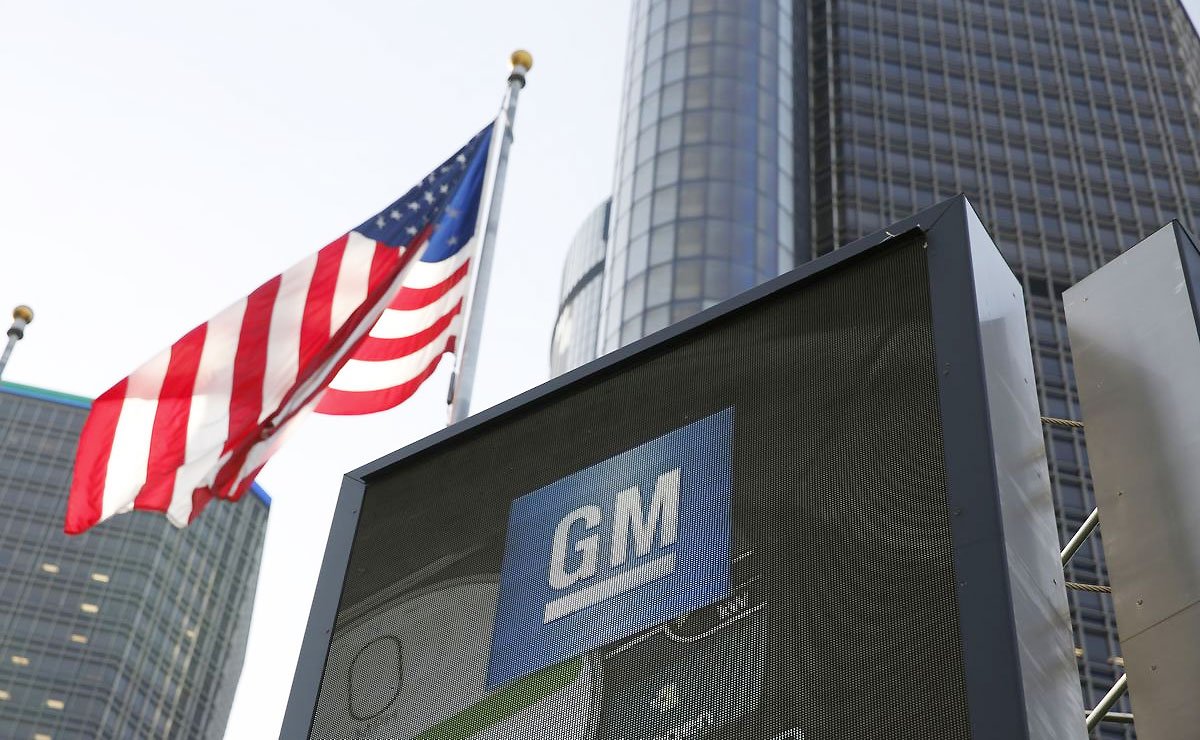
GM eases return-to-office policy: GM backed off from a plan to make salaried employees return to company offices for at least three days a week later this year. The previous abrupt announcement had prompted backlash from workers who believed the change was misguided or being imposed too quickly. The new message from top executives did not refer to a specific number of days workers would have to report in person, saying that individual managers would make decisions on how, when and where their teams should collaborate.
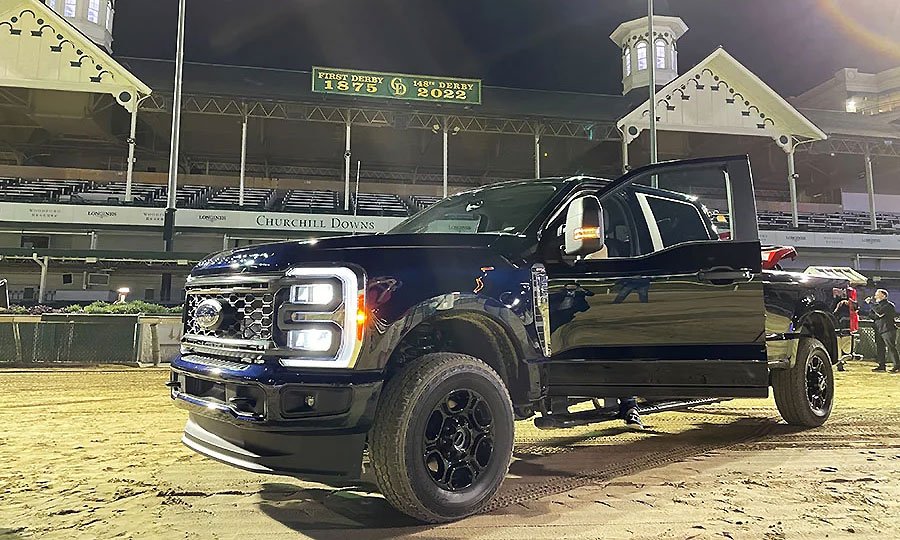
Ford’s new Super Duty: Ford is redesigning the Super Duty line of its F-Series pickups with new technology and new engine options in a bid to maintain one of its most profitable nameplates and better cater to commercial customers. The 2023 Super Duty lineup, revealed at Churchill Downs in Kentucky, will come with two new engines, over-the-air update capability and an on-board generator.
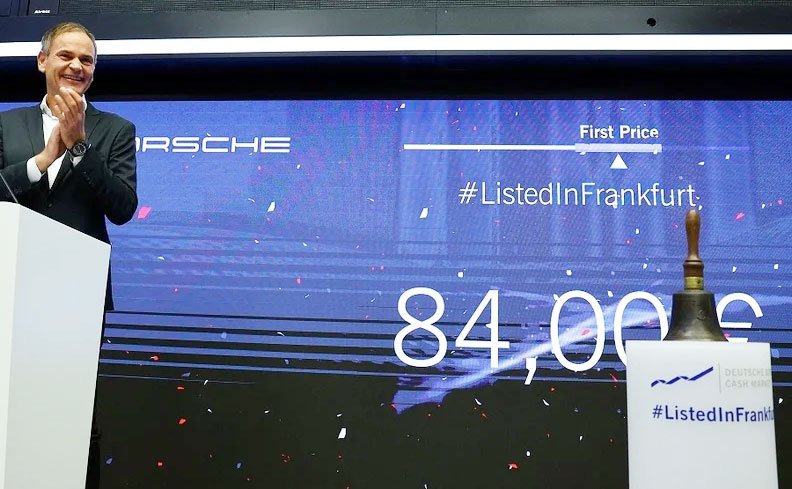
Publicly traded Porsche: Shares of Porsche gained during its robust trading debut after parent Volkswagen Group set the final listing price for the sports car maker at the upper limit in try to defy deep market upheaval. The listing, reaping $9.1 billion in proceeds for VW Group, is Europe’s largest initial public offering in a decade and confronts some of the most challenging market conditions in years.
 |
|
|---|
 |
 |
 |
Oct. 8, 1869: Date of birth of J. Frank Duryea, who with his brother Charles built the first successful gasoline-engine car in the U.S. He drove it for the first time on Sept. 21, 1893, in Springfield, Mass.

